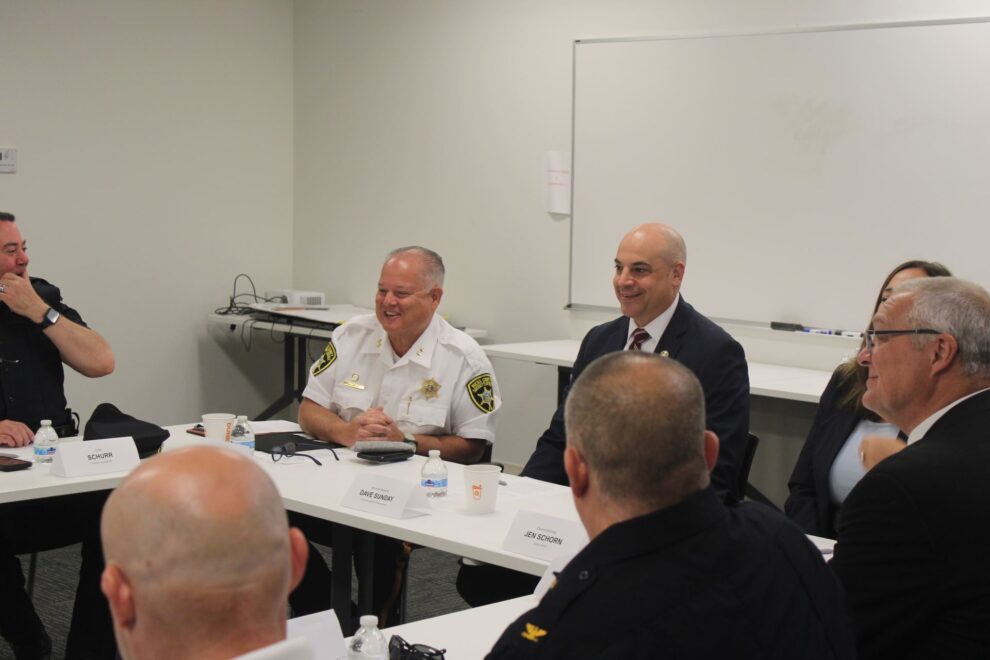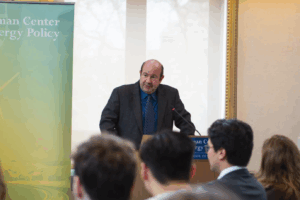The roundtable discussion included conversations on law enforcement recruitment, retention, and mental health changes.
On Friday, Pennsylvania Attorney General Dave Sunday met with law enforcement officials to discuss changes in the industry.
Attending the roundtable were Bucks County District Attorney Jennifer Schorn, Sheriff Fred Harran, and other local police chiefs to join in conversations surrounding law enforcement recruitment, retention, and mental health challenges.
Attorney General Sunday chairs a statewide task force on officer retention, and he is bringing the conversation to local law enforcement leaders.
“The reality is this, if we can’t find a way to attract more people to be police officers and public servants generally, then we’re in deep trouble. These are the jobs. It’s the foundation of our community and if our communities aren’t safe, nothing else matters,” Sunday said.
At the roundtable, local chiefs shared ideas about how to boost officer retention and help young recruits understand the requirements to become a police officer.
“Today’s generation is not the generation where I came on in ‘87. You’ve got to understand that you can’t do drugs, you can’t steal. You’ve got to lead a good life if you want to become a police officer,” said Haran, a longtime Bensalem Township officer and its former public safety director who is currently sheriff.
Officer recruitment has been a struggle across the Commonwealth. At the roundtable, Richland Township Police Chief Rich Ficco Sr. shared that his department recently received more than 60 applications for two positions in a successful recruitment effort.
Ficco added that background investigations continue to disqualify many applicants due to drug use and theft charges.
“One of the biggest things that we’re finding is in these backgrounds is the drug use and the theft and it just disqualifies them if there’s not been time and distance from it,” Ficco said.
Ficco said another concern is the cost of living in certain areas being too high for smaller precincts that pay a lower salary to officers.
Mental health challenges were another topic of conversation between law enforcement officials at the roundtable.
“Law enforcement officers, for a lot of people, don’t realize like what all they actually do, and they see things in the course of one shift that most people could never even imagine even happen in society or have ever seen themselves during the course of their entire lifetime,” Sunday said.
Sunday continued, “We ask police officers in today’s world to be domestic violence counselors, mental health counselors, substance abuse counselors, you know, and everything in between, oftentimes multiple times within a one-hour shift.”
Some chiefs at the roundtable also discussed the negative public perception of police and its impact on law enforcement. They discussed strategies for rebuilding trust in communities and adding partnerships with local entities.
“I know that the only way that we can make our community safer, the only way that we can win is as a team,” Sunday said. “So, we either win as a team, or we don’t.”





